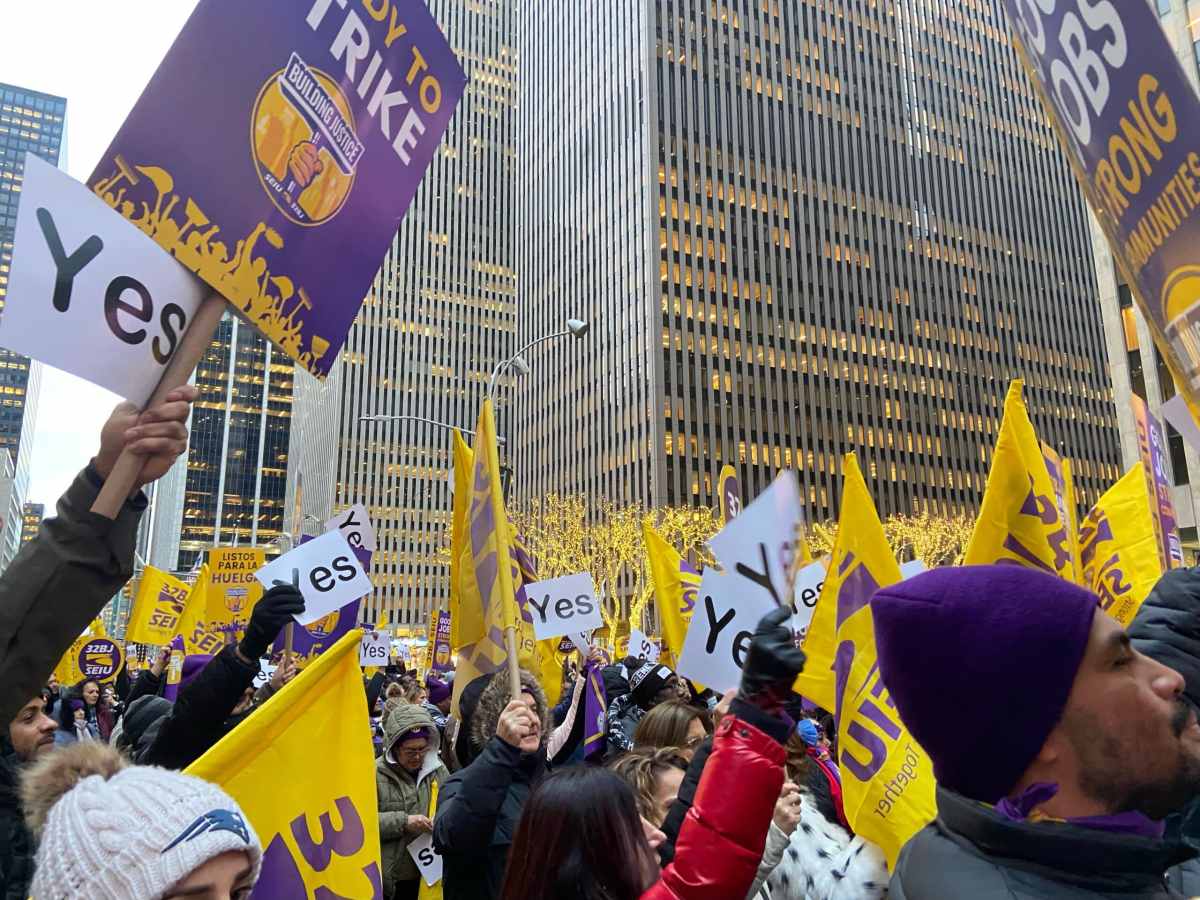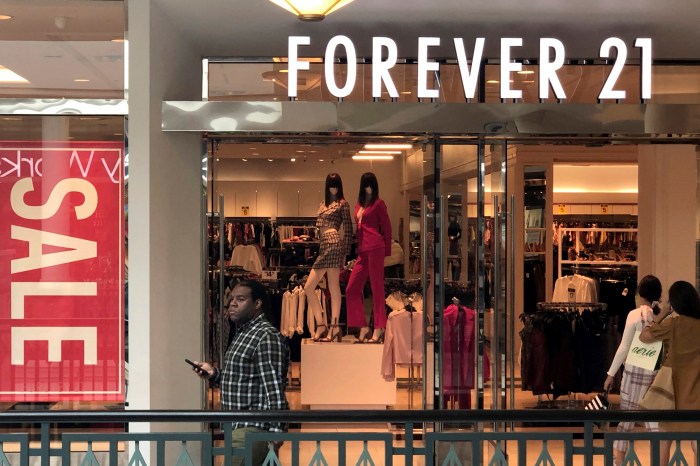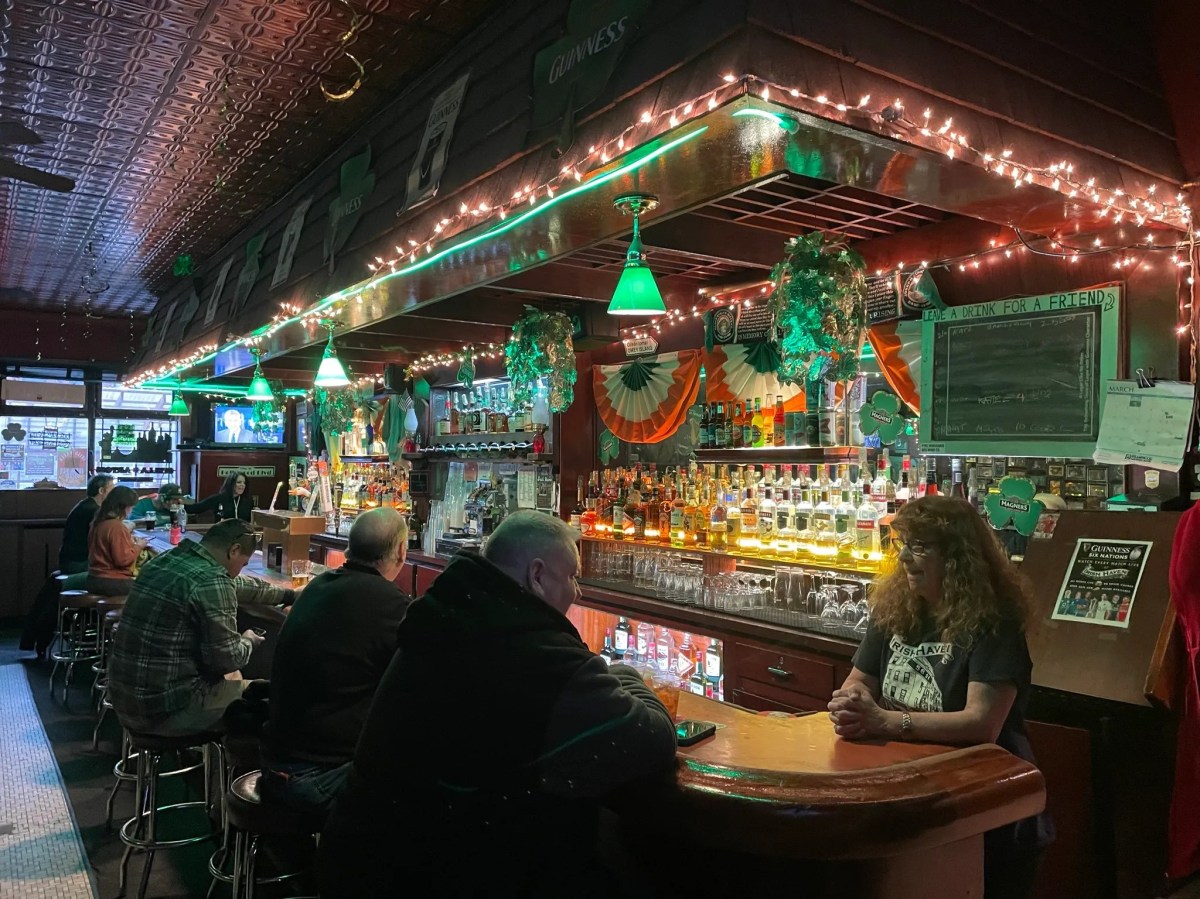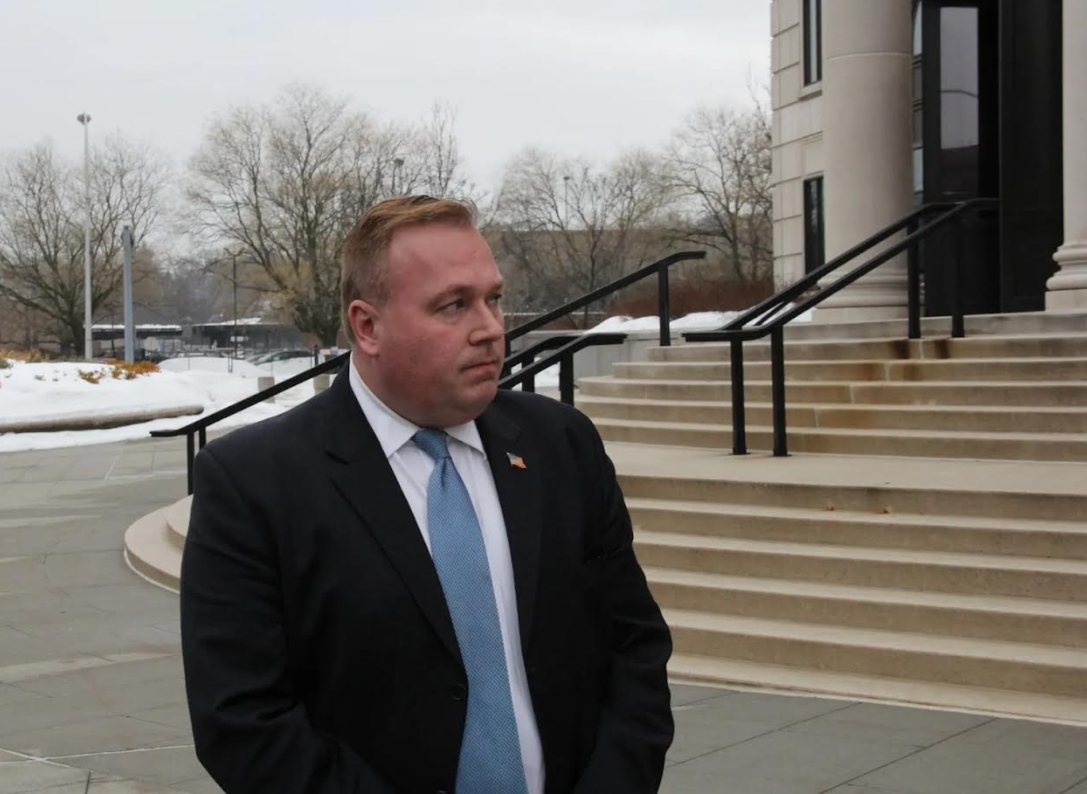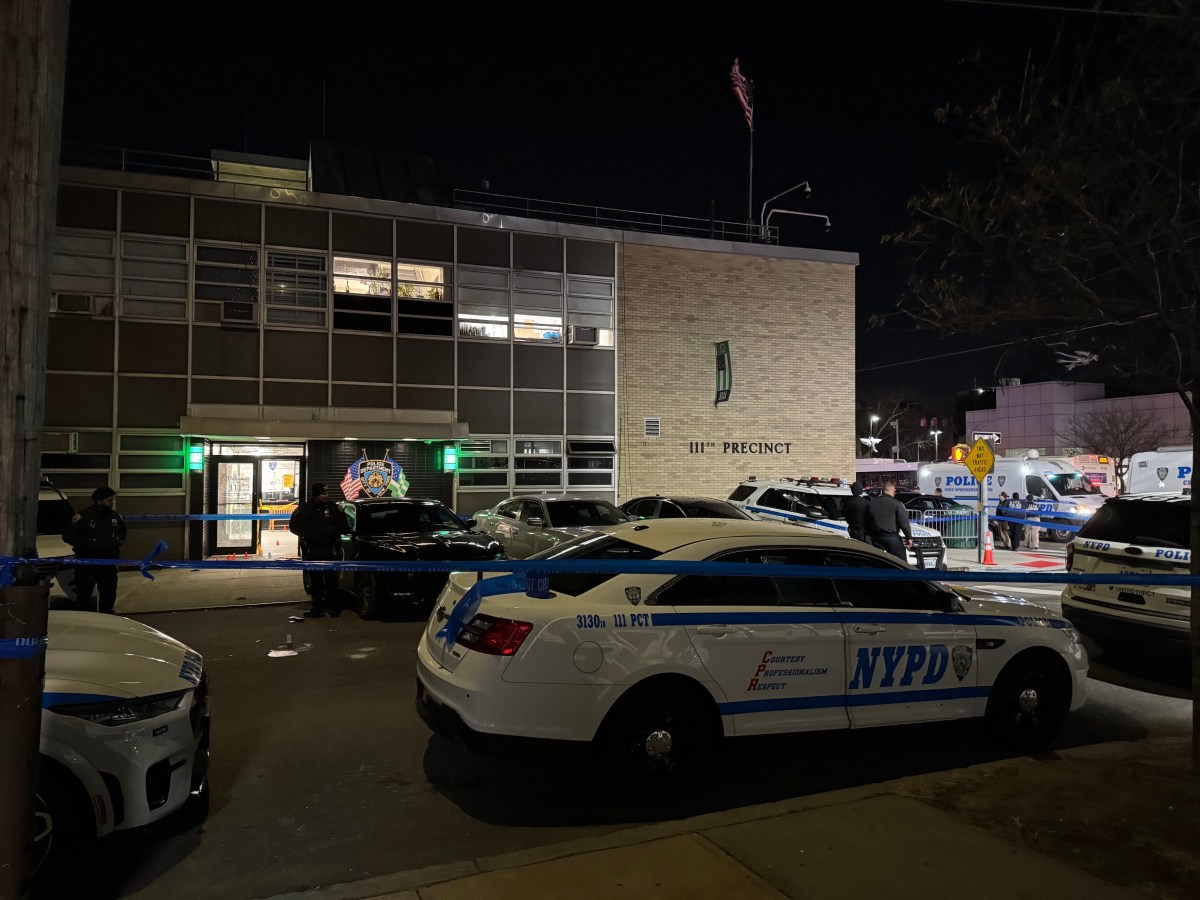Just days before thousands of commercial janitorial workers were set to go on strike, their union reached a tentative contract agreement Wednesday night with the proprietors of New York’s biggest commercial real estate buildings.
The Realty Advisory Board (RAB), which represents the owners and operators of office buildings, agreed to the new contract that covers around 20,000 office janitors and commercial cleaners on Thursday morning, as their previous deal was set to expire on Dec. 31.
The office janitors and commercial cleaners are responsible for upkeep of the buildings, renegotiates their contract every four years, with this round of talks coming amid a collapse in office usage stemming from the COVID-induced remote work trend.
This year’s negotiations focused on a proposed plan by the RAB, which would mandate healthcare premium sharing that would force workers to pay more out-of-pocket for coverage. The two parties were also negotiating about cuts to benefits and overtime, and a plan that would lead to newer employees receiving less benefits than tenured workers.
Workers, who are represented by 32BJ SEIU labor union, last went on strike 27 years ago — which caused trash to pile up in building hallways, bathrooms to become filthy, and dirt to accumulate inside the office buildings.
That situation threatened to repeat itself again as 2024 approached, and the workers had not agreed to a new contract.
Manny Pastreich, the president of 32BJ SEIU, hailed the agreement as a major win for workers.
“It is fitting that we are closing out a year marked by worker mobilization with a victory for 20,000 working New Yorkers who form the backbone of this city’s economy and commercial real estate market,” said Pastreich.
Pastreich noted the demonstrations and rallies held by the union, and said they were able to force RAB’s hand as the New Year’s deadline loomed.
“The path to this tentative agreement was not easy. 32BJ members mobilized with intention this year and marched, 10,000-strong, up midtown to make crystal clear their priorities,” he said. “And today we found a common path forward with the RAB that rewards workers appropriately and meets the moment for the New York City commercial real estate industry. We won a strong agreement that moves working New Yorkers forward.”
Easing pandemic-related financial stress
The new tentative agreement makes more concessions to accommodate union members, while still addressing the pandemic-related financial issues facing the real estate industry, said workers.
“We adapted to the pandemic in the workplace, and over the past year we mobilized with our co-workers, preparing ourselves for a real fight,” said Dulce Martinez, a member of the 32BJ bargaining committee who has worked as a cleaner for 18 years. “We were ready. And we showed that we were ready at our buildings and in the streets, sending a message that any changes to this industry would not be made on the backs of us, the essential workers who show up everyday, regardless of global pandemics or hurricanes.”
The agreement reached on Thursday secured the maintenance of 32BJ health insurance benefits with premiums increasing no more than 3% each year, a historic wage increase set to reach an addition of $149 per week by the end of the four year contract, pension improvements, strengthened anti-discrimination protections — especially for pregnant workers — and more.
“We’re proud to come to an agreement that reflects the economic realities that commercial real estate faces by creating the flexibility the industry needs to survive for the long-term,” said RAB President Howard Rothschild. “Thank you to Manny Pastriech and the entire 32BJ team for working with us to find solutions that will benefit our workers and our industry.”
Workers also remarked on the success of the labor movement as a whole, relieved and excited to hear that a strike had been avoided and that their united efforts with their union had secured them the contract they felt they deserved.
“Thinking back to the pandemic, when the subways were empty, when it was scary going to work – many of us, including myself – went to work with preexisting conditions,” said bargaining committee member Ena Softley. “We saw co-workers go home sick, and we never saw them again. These were our friends. We got sick ourselves. This contract campaign was a big deal for us after all we have been through as a collective. Today we showed that when working people come together, lives and jobs improve.”
Read more: Origins of NYC Borough Names Revealed



